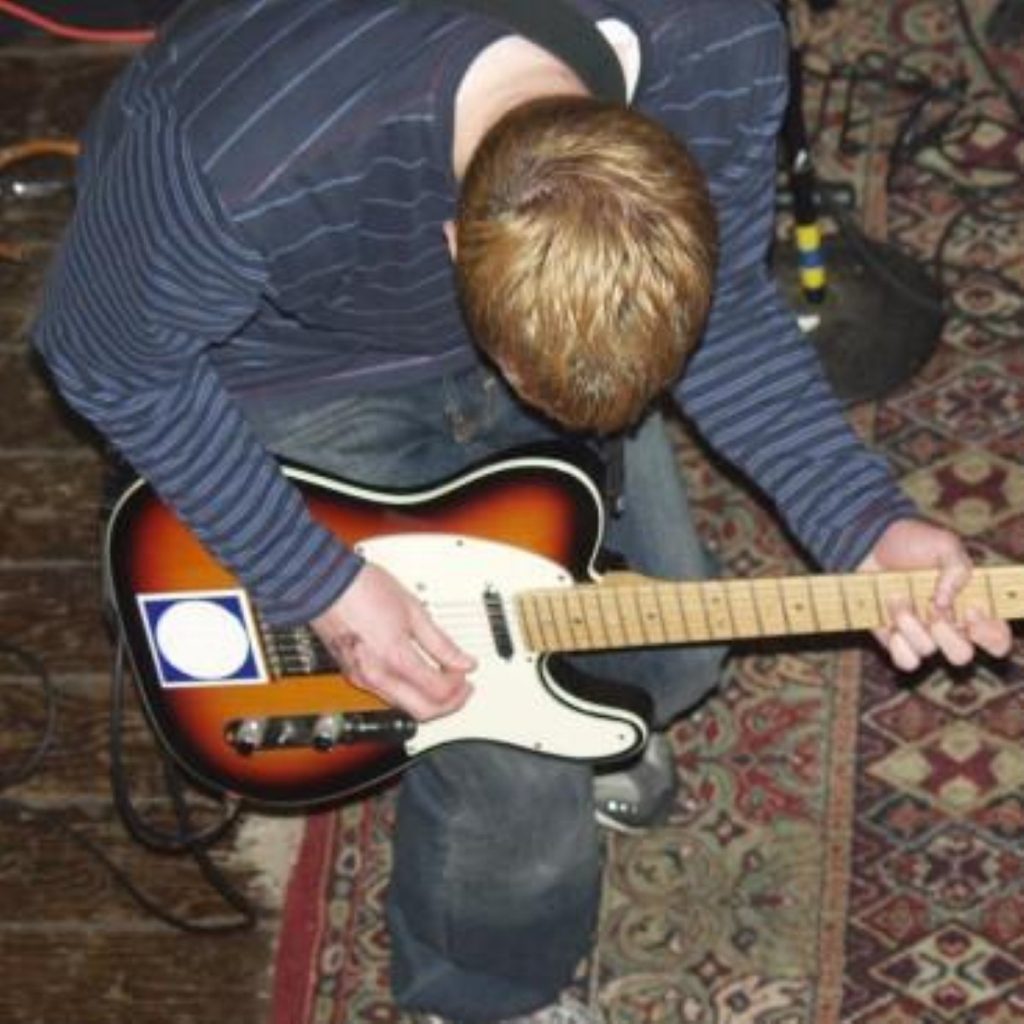The government’s war against music
By Ian Dunt
The government’s “increasingly authoritarian approach” to live music is damaging the prospects of young British musicians, an influential committee of MPs has said.
The licensing laws come in for particular criticism, with damning evidence that pubs and small live venues are being disproportionately hit by the measures.
“The licensing requirements are still too bureaucratic and costly, particularly for non-commercial groups such as sports clubs, not-for-profit establishments and organisers of occasional events,” said John Whittingdale, chairman of the culture, media and sport select committee, which published the report this morning.


“Our report calls on the government to relax restrictions in this area, which in some cases are unnecessarily draconian, and in others simply absurd.”
The Licensing Act 2003, which is broadly appreciated by the committee, may be “hampering live music performances especially by young musicians, who often get their first break through performing live at small venues such as pubs,” the report said.
The behaviour of the Metropolitan police came in for particular criticism, with MPs highlighting the freezing effect of police form 696, which forces all performers to give their name, date of birth and a description of their musical style.
A recent charity concert in London for a teenage cancer victim was cancelled because organisers had not filled in a police form, prompting MPs to call for it to be scrapped.
Many of the new police strategies have been justified “in the interests of public order and the prevention of terrorism”.
The committee called for the government to scrap licences for venues with a capacity of 200 or fewer, and to allow any venue to put on performances involving one or two musicians playing non-amplified music.

